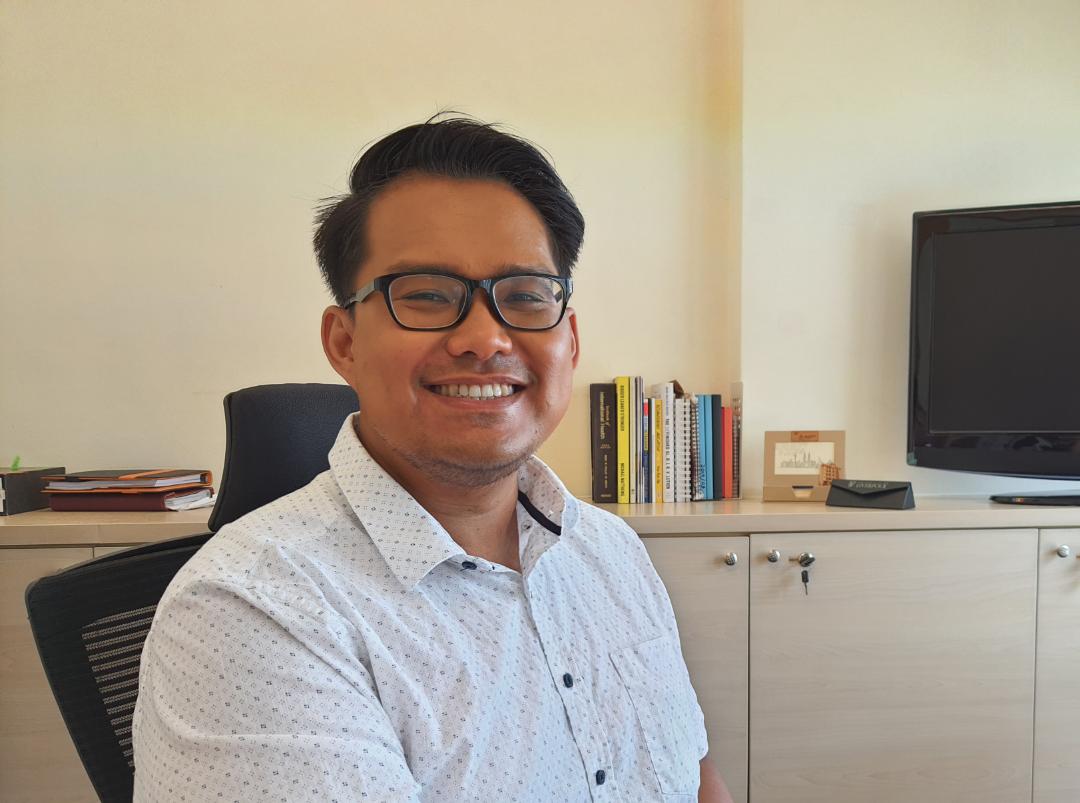KUALA LUMPUR, July 31 — The Selangor government’s SELangkah contact tracing app has introduced a new feature to register residential premises throughout Malaysia to track visitors during Hari Raya Aidiladha.
People can register their residence and self-print their QR code by logging on to selangkah.my.
“SELangkah at home is expanded to all states in Malaysia with the state flags,” SELangkah creator Dr Helmi Zakariah told CodeBlue.
“The family head can log in to the SELangkah app as usual and register their home. They will get a QR code. The guests can scan the QR code.”
He added that this will help to monitor the mobilisation of guests who visit people’s homes, even as coronavirus clusters have popped up and new Covid-19 cases have been rising in the past two weeks to mostly double digits each day.
It is to be noted that Malaysians are permitted to travel across the country to celebrate Hari Raya Haji today in their hometowns. However, Senior Defence Minister Ismail Sabri Yaakob announced new standard operating procedures (SOPs) to be followed during the celebration.
The new SOPs allow only 20 people in a house at any one time, except those who are in quarantine as they are not allowed to receive guests at their premises.
“I am quite confident that we can see some new clusters after the Raya celebration as you can see more new clusters lately in the country,” said Dr Helmi.
In May, during Hari Raya Aidilfitri, home visits were only allowed on the first day, and Malaysians were not permitted to visit others from the second day of the festival onwards.
“But now, there is no such restriction,” Dr Helmi added.
Dr Helmi told CodeBlue in an interview earlier this month that SELangkah is scientifically considered effective as it is used by 95 per cent of the state’s population, citing a study conducted by Oxford University that says an e-tracing ecosystem is considered effective when 60 per cent of the population uses it.
SELangkah is also conducting a survey on SOP compliance, focusing on basic safety measures in public places such as wearing masks, using hand sanitiser, and maintaining physical distancing.
“A set of questions will run for about three days to reach a statistical sample. After three days, we will run another set of questions,” mentioned Dr Helmi.
“All will focus on KAP — knowledge, attitude, and practice of citizens for SOP compliance. The survey is continuous. We will track behaviour patterns on SOP compliance over a period of time to see if there is any effect after the federal government’s announcement to wear masks.”
Last week, the government announced that wearing face masks would be made compulsory from tomorrow onwards inside public transportation, crowded public spaces, and areas where social distancing is impossible.
Ismail Sabri said yesterday that police had discretion to act against violations of the rule, either by giving verbal warnings or immediately issuing fines.
The regulation on mandatory face coverings in public areas will be made under the Prevention and Control of Infectious Diseases Act 1988 that punishes violations with a fine of up to RM1,000, six months’ imprisonment, or both fine and jail.
SELangkah’s recent survey among 151,728 people revealed that 142,768 people, or 94.09 per cent, agreed with the idea of mandatory face masks in public places.
Ismail Sabri also highlighted the possibility of re-imposing the Movement Control Order (MCO) if daily Covid-19 cases reach 100 and above, but stressed that this need not take place if the public follows SOPS like social distancing, washing hands frequently, and wearing face masks outside.
As of today, Malaysia recorded 8,964 Covid-19 cases, with 124 deaths. Active cases in the country increased to 223.








